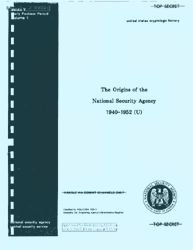Justinian had laid the foundations for modern law with his legal code, or system of laws, completed in 535. Roman law dated back almost a thousand years, but Justinian's Code greatly simplified and organized it. Byzantium also had an excellent and highly organized civil service. Placed as they were between many lands in Europe and Asia, the Byzantines had to become skilled at diplomacy, or the art of negotiation. They also became masters at playing their enemies against one another; but when they had to go to war, they were a mighty force.
Having adapted to changing times, the Byzantines developed a strong cavalry, along with something the earlier Roman Empire had lacked: a powerful navy. In fact, the Byzantine fleet used the first modern-style chemical weapon, "Greek fire." The latter was a combination of petroleum, salt peter, quicklime, and sulphur; when sprayed on an enemy's ship it would cause it to burn.
One of the most significant military-related developments, however, had nothing to do with actual fighting. This was the reorganization of the army by Constans II in the mid-600s, an act that may well have saved the empire. With funds running low, he gave soldiers plots of land called "themes" and made them selfsupporting. This not only saved money, but also promoted good will with the troops and encouraged a stronger defense, since now the soldiers were defending their own land.




 World History
World History









